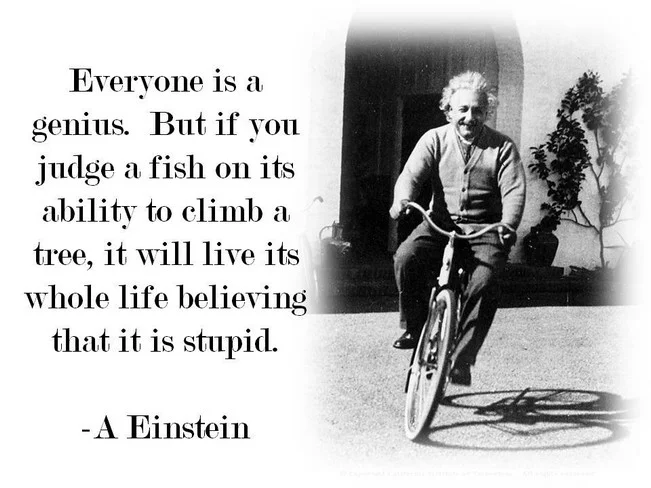Worship as fishing school?
She said to me, "give them fish and they will eat for the day, teach them to fish and they will eat for a lifetime. This is why I am against government handouts." I politely began to listen more about what sort of ministry she felt would be good for our church to engage with the poor without just giving "handouts".
It is a difficult problem to be sure. Teaching people to fish takes longer and in many ways also strips the people who are giving fish away a sense of power and/or purpose. It also is easier in many ways to give fish away than to get bait, rods and find a good spot for fish. Oh, and the person who needs to learn to fish, needs to want to learn to fish. If there is no desire to want to learn to fish, then it is difficult to teach fishing much less cooking.
There is something to be said about teaching people to fish. And many people seem to agree that learning to fish is better than depending on others for fish.
Except when it comes to Christianity, worship and preaching.
How many of us come to worship to "get fed"? This is fine and well and good. We all need to be fed at some point in our lives. I understand I may be talking my way out of a job as one who gives fish away, but at some point don't we need to teach those in the pew how to fish? Isn't it "better" for the people to learn to fish then rely on Sunday "handouts"?
He said: Why not become fire?
A story from the desert fathers: Abba Lot came to Abba Joseph and said: Father, according as I am able, I keep my little rule, and my little fast, my prayer, meditation and contemplative silence; and, according as I am able, I strive to cleanse my heart of thoughts: now what more should I do? The elder rose up in reply and stretched out his hands to heaven, and his fingers became like ten lamps of fire. He said: Why not become fire?
It has been said by preacher types that preaching needs to be more "practical" and action oriented. Preachers are supposed to give people something to do when they leave the place of worship so they can put their "faith in action".
The intent behind this advice is well intended, we want to give people something to do in order to keep from people a people focused on personal holiness to the detriment of social holiness. However, there are a couple of unintended consequences that may come with giving people something to "do".
First, it implies that the "doing" is the "real point" of the sermon. Put another way, it implies that "doing" is more important than "being". It is like when people tell a story and you check out while listening only to check back in when they tell you the moral of the story. It is the moral of the story that really matters, because it tells us what to do.
Secondly, and more of my concern, is that it diminishes the imagination of the gathered community. If the preacher is the one that comes up with the things to do that put your faith in action, then there is little reason for you to imagine what you could do to put your faith in action. It lessens the chance that someone in the community will come up with something new because they are focused on doing what the preacher said to do. Trust me when I say, preachers are not always the most imaginative people.
Preachers can teach you how to do your little fast, prayer, meditation and other "action" items, but worship may be one of the few places where we are "set on fire". The inspiration of the Spirit is what sets us on fire. People come to worship and are trying to do all that we can to grow closer to God, and perhaps what we need is less "here is what you can do" sermons and more "here is how you become fire" sermons.
Pentecost, (The UMC splitting?) and the Holy Spirit
Pentecost Sunday, June 8th, was a time when Christians celebrate the birth of the Church by the receiving of the Holy Spirit. In many churches around the globe, the story was read about how the Holy Spirit came and rested like tongues of fire on those in the upper room. While reading this story and as a liturgical act, there may have been different people speaking different langues during worship. I have been in worship settings where French, Italian, Greek, Spanish, English, and Russian were spoken while the story was read or even during the saying of the Lord's Prayer.
The church that I serve we decided to have a sermon that attempted to embody this "multi-language" expression of the Spirit by having two voices to deliver the sermon (beginning at minute mark 5:30 you might think you are hearing a little commentary on the UMC's conversation about splitting and I can neither confirm nor deny this to be the case.).
I share this sermon as a way to submit some thoughts with anyone who might wonder more about the Holy Spirit. What it is, what it looks like, and why do you think there are so many images of the Holy Spirit? Why is the Holy Spirit spoken about like fire, water, dove/pigeon, wind, comforter and wild goose.

Be the change by Jason Valendy is licensed under a Creative Commons Attribution-NonCommercial-ShareAlike 3.0 Unported License.





